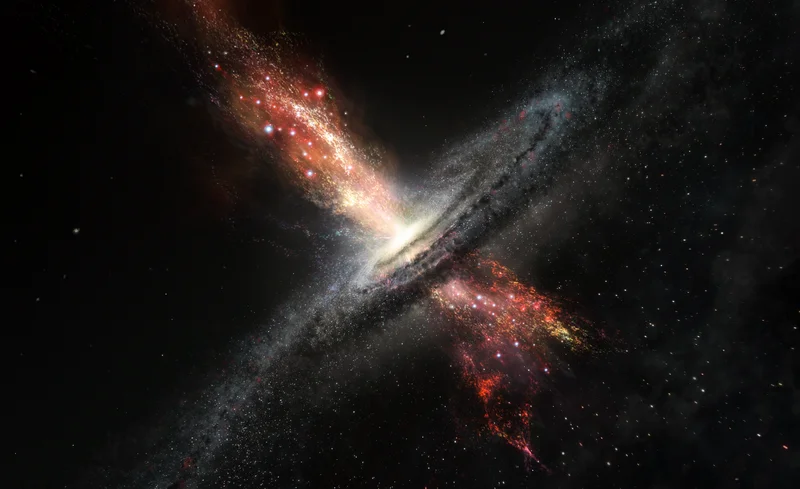Blue Origin Sticks the Landing: Are We on the Verge of a New Space Age?
Okay, everyone, take a deep breath. Because something truly amazing just happened. Blue Origin, Jeff Bezos's space venture, just successfully launched its New Glenn rocket and, crucially, stuck the landing of the first-stage booster on its barge. Yes, you read that right! After a couple of weather-related scrubs and a nail-biting wait, they did it. And honestly, when I saw the photos, I felt a surge of something akin to… well, hope.
This isn't just another rocket launch. This is a potential paradigm shift. SpaceX has been the undisputed king of reusable rockets for years, proving that landing these behemoths isn't just science fiction. Now, Blue Origin has joined the club, showing that a second player can reliably recover and reuse orbital-class boosters. The booster, aptly named ‘Never Tell Me the Odds’, made its way back to the barge, ‘Jacklyn’, staged 375 miles downrange of the launch pad. Remember their first attempt with ‘So You’re Telling Me There’s a Chance’? Well, this time, the odds were in their favor.
But why is this so important? Let me put it this way: Imagine if every time a plane landed, they just threw it away! Air travel would be prohibitively expensive. Reusable rockets are the key to drastically lowering the cost of space access. This means more scientific missions, more opportunities for commercial ventures, and, dare I say it, a real path towards making space travel accessible to more than just governments and billionaires. It’s not just about getting there; it’s about making getting there affordable and sustainable.
The Ripple Effect: ESCAPADE to Mars and Beyond
And what was riding on this successful launch? NASA's ESCAPADE mission – twin spacecraft named Blue and Gold (a nice touch, UC Berkeley!) designed to study Mars' magnetosphere. These little guys aren't heading straight to the Red Planet, though. They're taking a rather scenic route, hanging out at Lagrange Point 2 (L2) for a year before slingshotting themselves towards Mars in late 2026, arriving in 2027. This detour is innovative because, as Jeffrey Parker of Advanced Space LLC pointed out, ESCAPADE is "paving the way" for Mars launches even when the planets aren't perfectly aligned. It’s like finding a shortcut on your GPS that nobody else knew existed.

But here's the "Big Idea": ESCAPADE's mission isn't just about studying Mars. It's about understanding space weather – those solar storms and radiation bursts that can wreak havoc on our satellites and even our power grids. The NOAA issued warnings for "Proton 10MeV Integral Flux above 10pfu," noting that this type of Solar Proton Event or SPE can be harmful to spacecraft electronics. Learning how Mars lost its atmosphere to space weather could provide invaluable insights into protecting our own planet and future space explorers.
The potential here is staggering. Imagine a future where we can accurately predict and mitigate the effects of space weather, safeguarding our technology and enabling long-duration space missions. What if we could even harness the energy of the solar wind? It sounds like science fiction, I know, but breakthroughs like this are how science fiction becomes reality.
Of course, with great power comes great responsibility. As we push further into space, we need to be mindful of the potential environmental impact and the ethical considerations of resource utilization. It’s a vast frontier, but it’s not a limitless one.
Now, I know what some of you are thinking: "Yeah, yeah, another billionaire's vanity project." And I get it. There's plenty of skepticism to go around. Politico even highlighted SpaceX's potential delays in its moonshot program, noting turbulence and a possible pushback to 2028. But here's the thing: progress isn't always a straight line. There will be setbacks, delays, and even outright failures. But the important thing is that we keep pushing, keep innovating, and keep striving to reach for the stars. And judging by the comments I've seen online, there's a growing sense of optimism bubbling up. People want this to work. They want to see humanity become a multi-planetary species.
